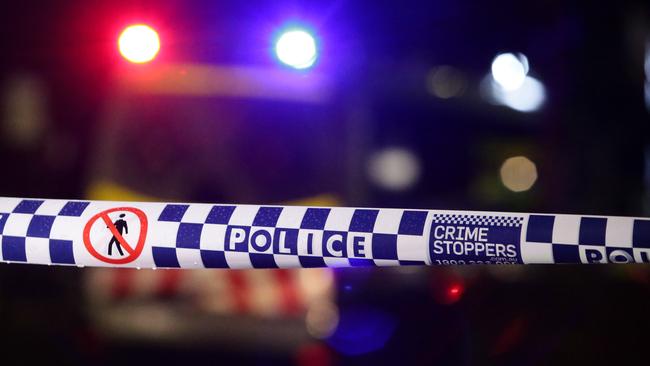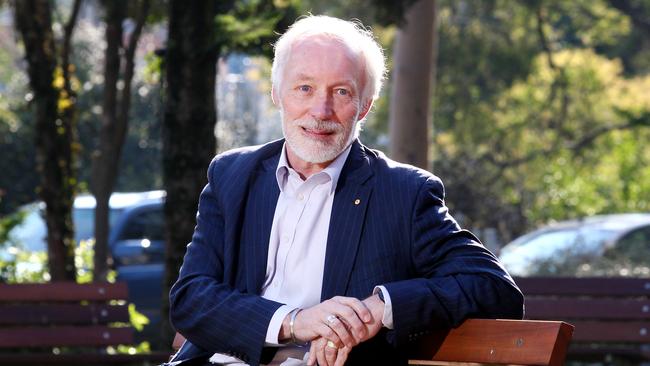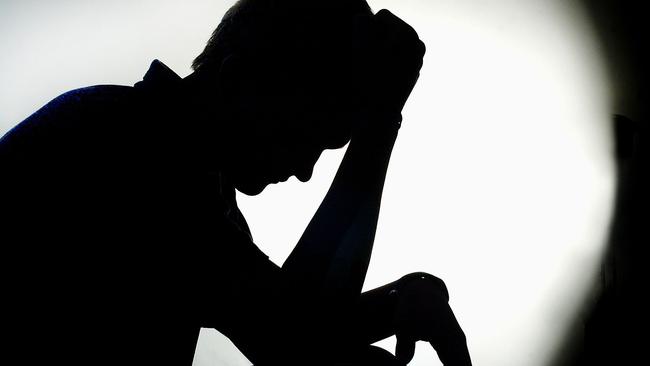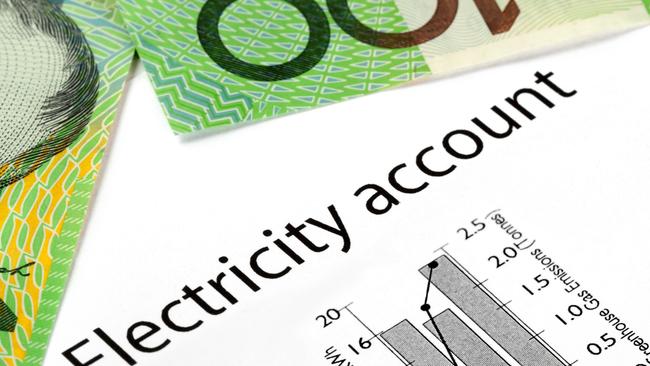Fatal failure in mental health
VICTORIA’S violent crime crisis is directly linked to a chronic failure in the state’s mental health system, which has allowed dangerously volatile offenders free to kill.

Opinion
Don't miss out on the headlines from Opinion. Followed categories will be added to My News.
VICTORIA’S violent crime crisis is directly linked to a chronic failure in the state’s mental health system, which has allowed dangerously volatile offenders free to kill.
As revealed in today’s Herald Sun, up to 10 victims across the state each year are killed by people suffering mental illness, including at least six victims in Melbourne’s west in the past seven years.
The Andrews Government has received a confidential report by KPMG on the alarming human toll and the perilous state of Victoria’s mental health system.
Systemic failures and serious underfunding of Victoria’s mental health support processes has seen up to three out of every four people seeking psychiatric help turned away from services.
The situation has, tragically and irreversibly, resulted in fatal consequences for innocent victims.
Some cases cannot yet be identified because of legal proceedings under way, but mental health has played a significant role in a number of high-profile and shocking crimes in recent years.

In Melbourne’s western suburbs, 3000 patients get rejected by Orygen Youth Health services each year because the agency has capacity to treat just 1000 people.
Respected mental health expert and former Australian of the Year Professor Patrick McGorry told the Herald Sun greater funding was urgently needed to better manage individuals who posed a serious risk to the public. After the wideranging but necessary deinstitutionalisation policies of the 1980s, the management of some mental health patients living in the community has presented major challenges for authorities and health professionals.
Victoria’s Minister for Mental Health Martin Foley has reacted to the crisis with a plan to significantly expand mental health safety nets — with almost $30 million to bolster forensic services to identify and manage people who may become dangerous or violent.
To tackle the complex balance of community protection and patient care, next month’s state Budget will include $44 million to expand the 116-bed Thomas Embling Hospital and Victoria’s adult forensic mental health capacity. Money will also be aimed at mental health and after-hours support for the key 18-24-year-old demographic.

While the extra funding is welcome, Prof McGorry maintains more must be done to prevent future fatalities which have been increasing in recent years. Disturbingly, 60 per cent of acutely psychotic people who kill someone have not had prior treatment for their illness.
Mental health care and medicinal responses have advanced to a point where effective treatment is available, particularly if illness is identified early. Links between mental health and illicit drug use must also be better addressed and Victoria’s Crisis Assessment and Treatment Teams fully funded.
In addition to victims who are killed, Prof McGorry says several hundred suicides each year could be prevented through better provision of mental health services and has called for a doubling of the level of current support.
The explosive KPMG report warns Victoria’s public mental health system is the nation’s most stretched, with half the capacity of other states.
The crossover issues of mental health and crime are indeed complex, but must be better funded and managed if we are to prevent even more tragedies.

TIME FOR A BETTER DEAL
VICTORIA’S retail energy market is a consumer-sapping field of almost endless deals, so anything that makes it easier for our most vulnerable to avoid paying more than necessary is an idea worth considering.
In a bid to end the confusion, the Brotherhood of St Laurence has suggested electricity and gas sellers be forced to put pensioners and other concession card holders on their cheapest or near-best prices.
In a submission to a state government-ordered review of energy retail markets, the Brotherhood says ensuring welfare recipients obtained low power prices would also be a benefit to taxpayers, with excessive bills adding to energy concession scheme costs that already top $205 million annually.
Power companies profit from every consumer who fails to regularly check they are on the best possible deal; yet half of all Victorians have not switched power companies nor plans in the past five years. Customers who do not switch at the end of a contract period — typically two years — lose any discounts.
Too often those least able to pay premium power prices are those with the least ability to lock in the best deals because of limited internet access or low literacy or numeracy.
So, to make it far easier for consumers to choose between plans, the Brotherhood has also suggested energy retailers provide a total cost per unit of energy for a typical average household, similar to unit prices in supermarkets or bank loan comparison rates.
If it’s appropriate for our banks and supermarkets, then perhaps it is also good enough for our deal-crazy power retailers.


